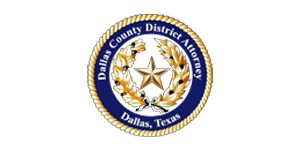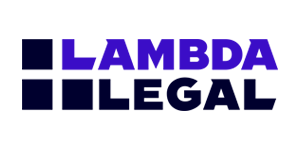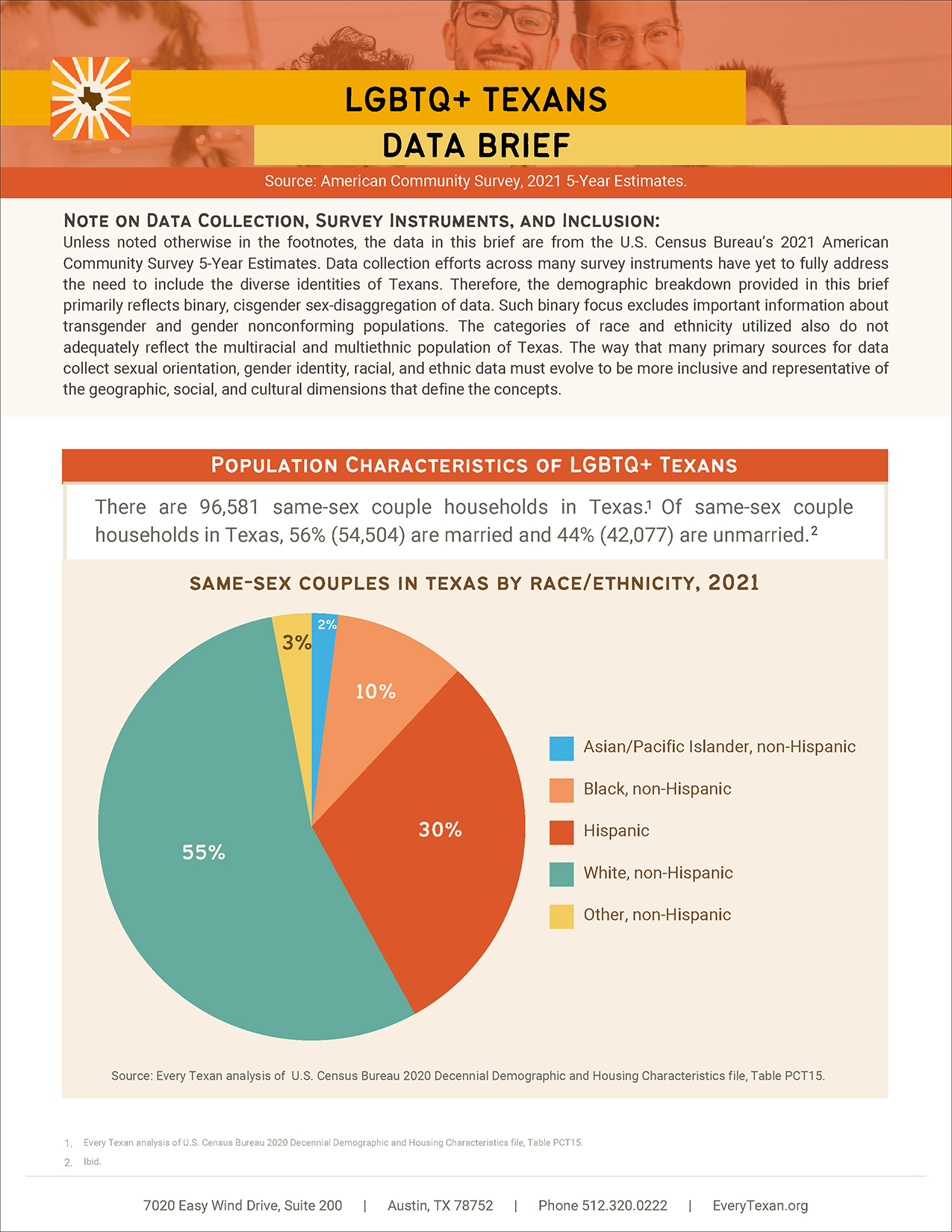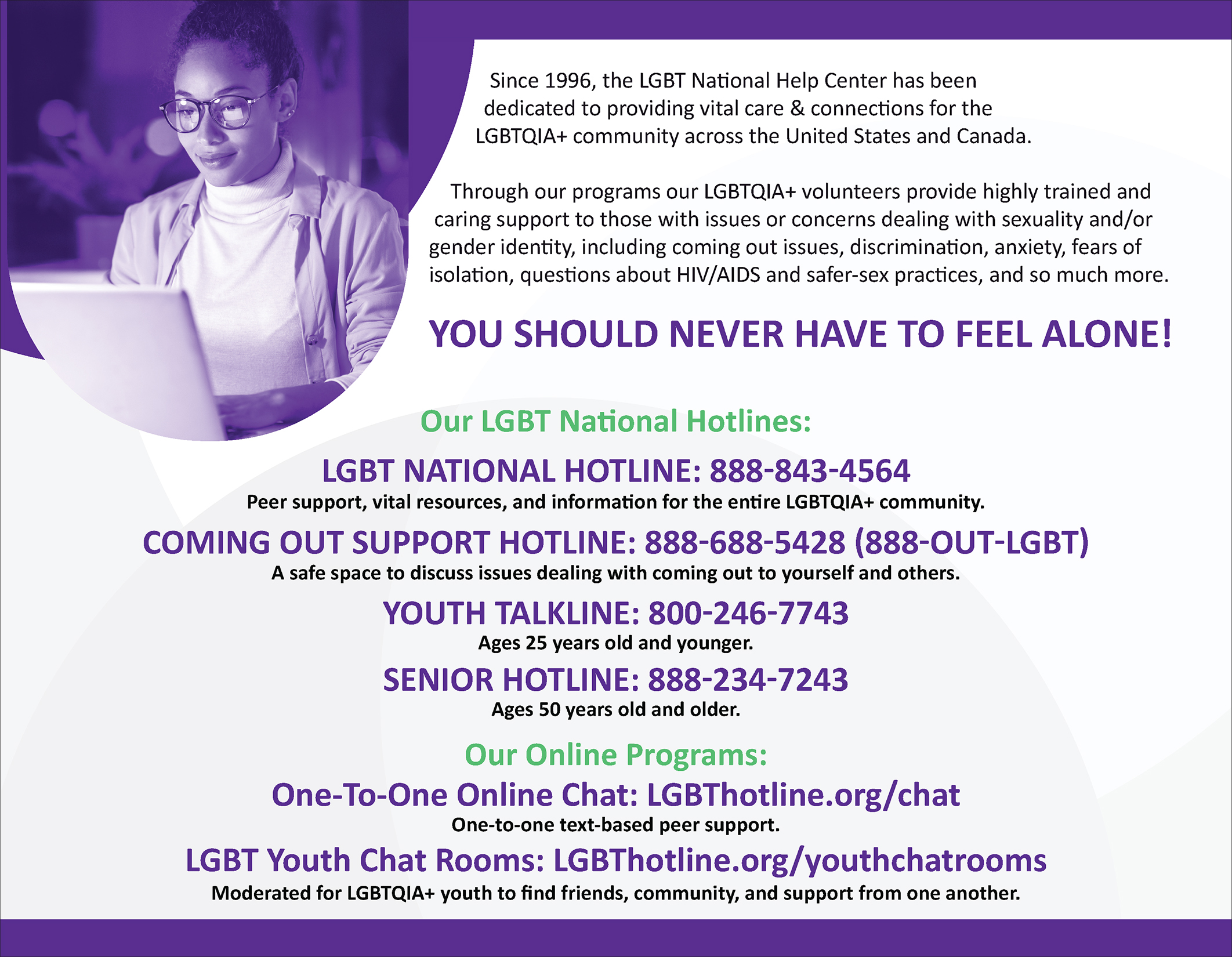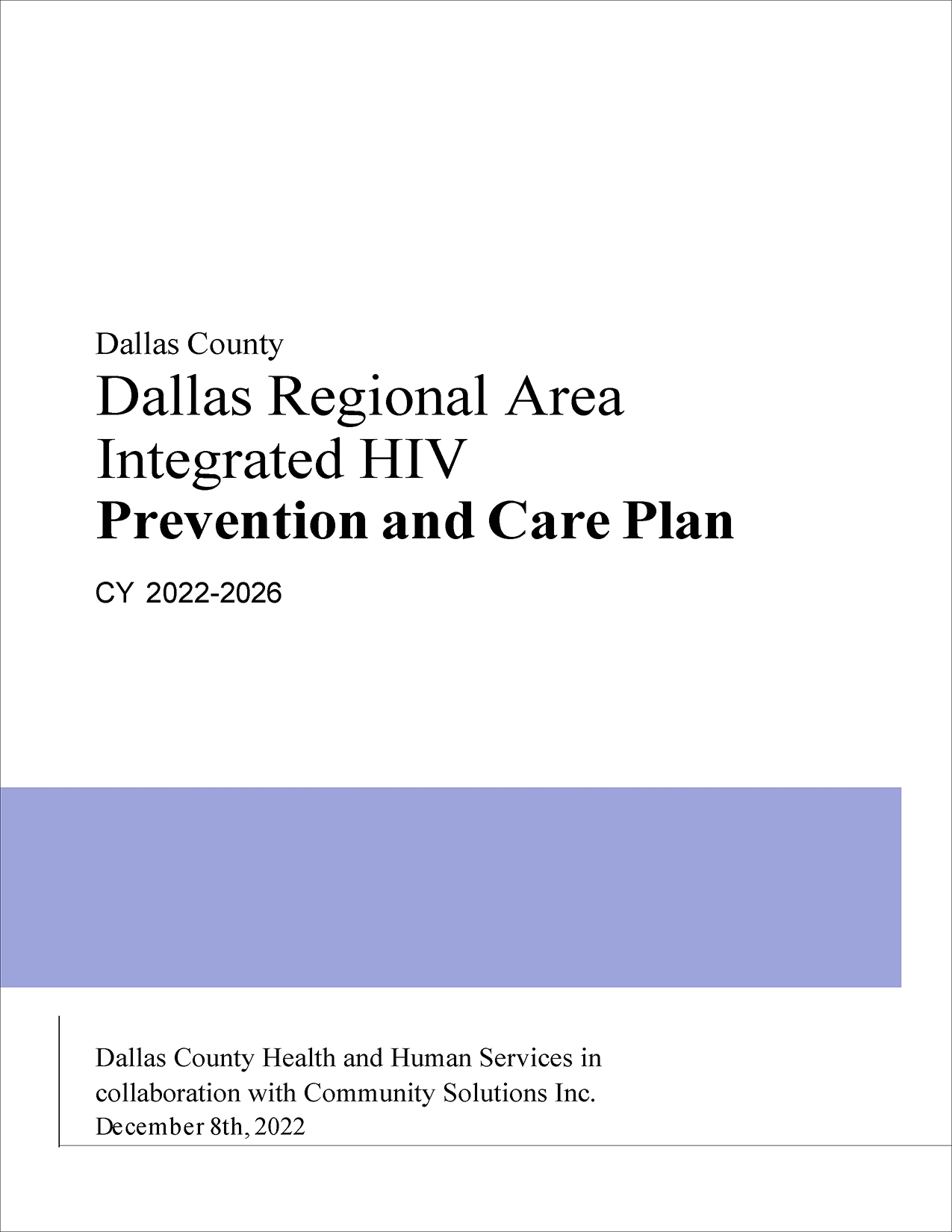LGBTQIA+
Educational Resources
Dallas County Health and Human Services - 2377 N. Stemmons Freeway, Dallas, TX 75207
Telephone: 214-819-2000
Knowledge is an important tool for building a more inclusive and supportive community. This section provides information on LGBTQIA+ identities, terminology, and how to be an ally. Whether you're looking to educate yourself, support a loved one, or advocate for change, these resources will help you take informed and meaningful action.
 |  |  |
- Sex: Sex is the classification of a person as male, female, or intersex. This sex assignment at birth is typically based solely on one’s genitals, however sex characteristics also include chromosomes, gonads, and sex hormones
- Gender: Gender describes the internal experience of being a man, a woman, a nonbinary person, or otherwise
- Gender Expression: Gender expression describes the way in which people present or express their gender, including physical appearance, clothing, hairstyles, and behavior
This is not an exhaustive list. For a more in-depth list, visit www.hrc.org.
The first step to becoming an ally to the LGBTQIA+ community is to educate yourself and deepen your understanding of the diverse experiences within the community. Being an ally involves ongoing learning, empathy, and action. Here are some best practices to help you support the LGBTQIA+ community effectively.
What to do if you offend someone
Listen:
- Unfortunately, it’s common to avoid listening to those we’ve hurt whether intentional or not, as it inspires uncomfortable feelings of guilt and shame. Stay in your discomfort and be willing to listen, because this is how we can grow
- Seek to understand and empathize with the other person’s lived experience
Be Accountable:
- Take responsibility for your actions, privileges, and experiences that you hold which could contribute to your biases. Don’t dismiss what the person is sharing with you, justify your behavior, or defend your intentions. It isn’t helpful to the people who have been hurt, and it shifts the focus away from the people who have been harmed and onto your personal feelings of guilt, shame, or defensiveness
- Remember, intention is not impact. The best apology is one that doesn’t make excuses or invalidate the other person’s feelings
Commit to Do Better:
- Treat it as a learning experience. The most authentic apology is meaningless if there is no change or if the behavior is repeated consistently in the future. Show you care by doing better next time
Microaggressions
- Microaggressions are everyday comments and questions that can be hurtful or stigmatizing to marginalized people and groups
- Microaggressions are subtle, and the person committing the microaggression may have no idea that their comments are harmful
- Since microaggressions are subtle, do your best and listen to any feedback you may receive. If someone’s feelings are hurt by something you’ve said or done, take the time to understand and to learn from the experience
Sigma surrounding HIV can make it harder for individuals to seek care, support, and understanding. It can take many forms, from negative attitudes to discrimination, and can deeply impact a person’s mental health and well-being. Understanding common stigma scenarios and how they affect people living with HIV is an important step toward reducing stigma in our community.
- For more Information on HIV stigma, visit Prism Health North Texas.
Navigating legal policies and practices in the United States, especially in situations involving discrimination, can be challenging. Below are some organizations that can help clarify your rights.
LGBTQ+ Community Liaison and Task Force
The LGBTQ+ Community Liaison and Task Force are a resource for both the DA’s Office and the community at large. Recognizing the challenges faced by members of the LGBTQ+ community, District Attorney Creuzot appointed ADA Phillip Clark to serve as the liaison between the community and the DA’s Office.
- Contact ADA Phillip Clark, LGBTQ+ Community Liaison, at LGBTQ-DA@dallascounty.org
Note: The organization below does not offer individual legal advice or representation, but they provide information about U.S. laws and policies.
Lambda Legal’s Help Desk
Lambda Legal’s Help Desk is a resource for the community we serve in providing general legal information and resources relating to discrimination based on sexual orientation, gender identity and gender expression, and HIV status
QUICK LINKS
LOCATIONS
EMPLOYEES
-
You must be on the network to see these links.

